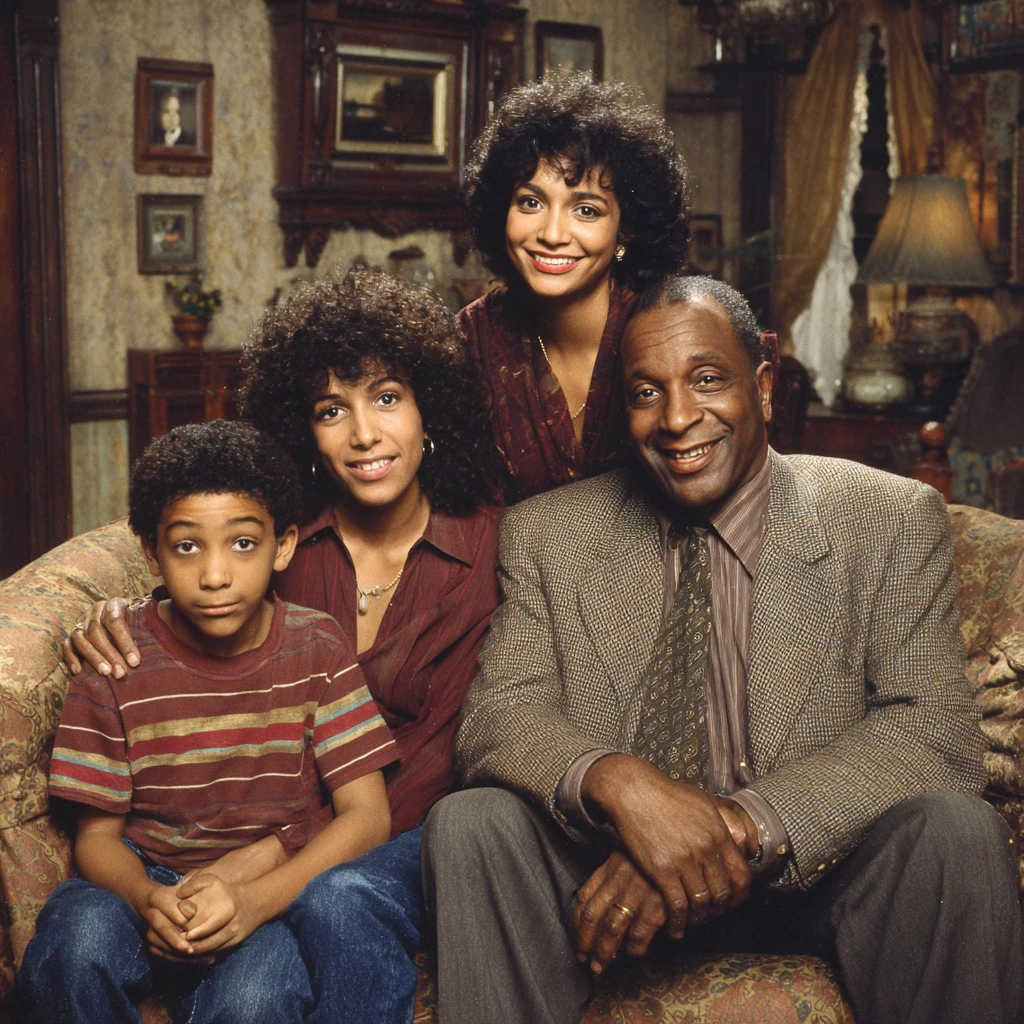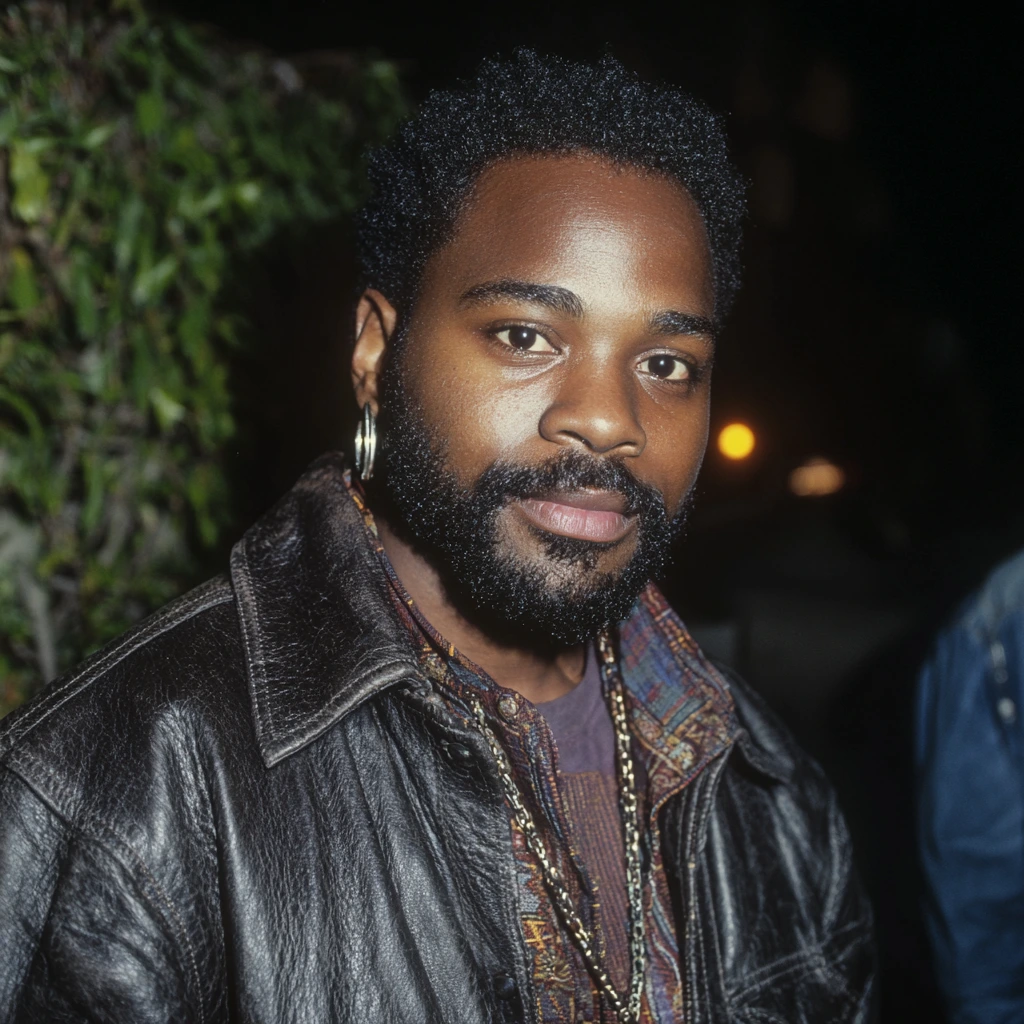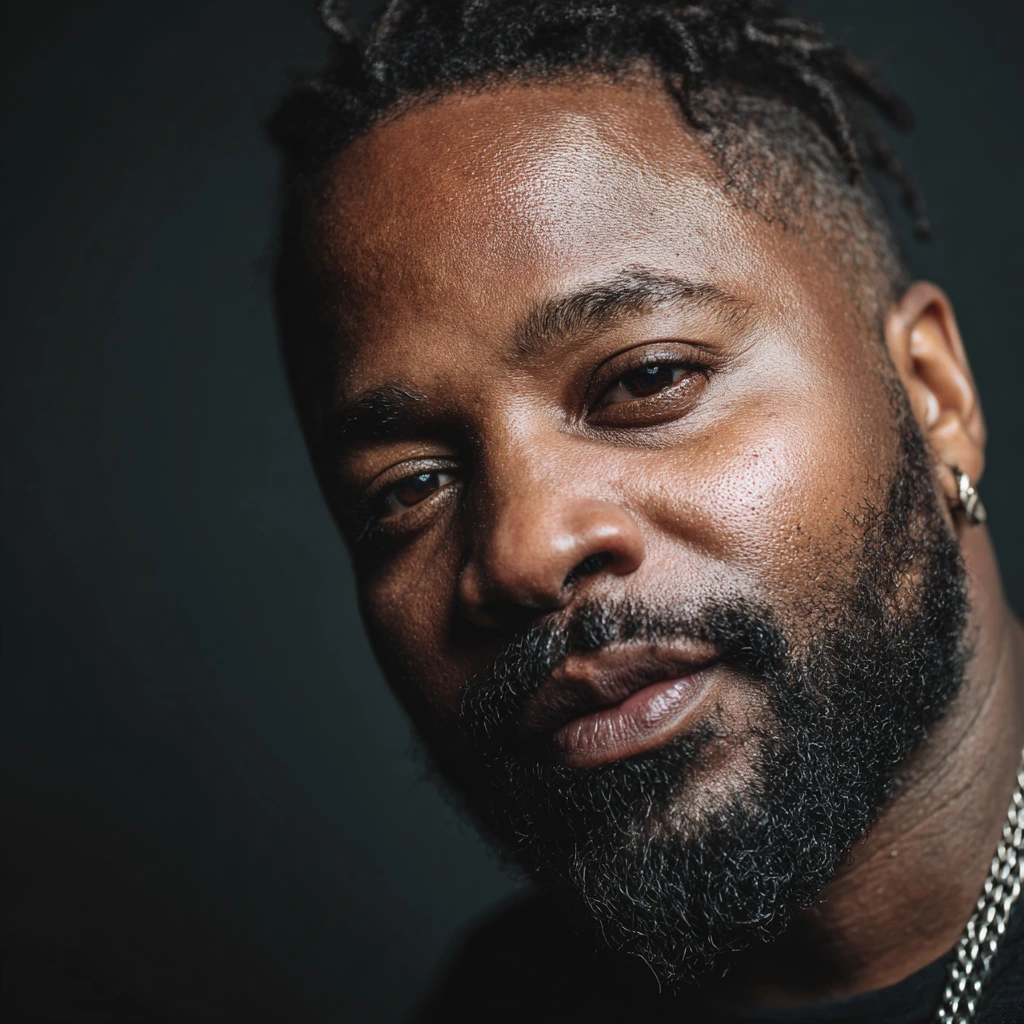The entertainment world was struck by the sudden passing of actor, musician, and advocate Malcolm-Jamal Warner on July 20, 2025. Best known for his role as Theo Huxtable on The Cosby Show, Warner’s career spanned decades, leaving an indelible mark on television, music, and culture. His legacy reaches far beyond his iconic TV role, touching on his work in music, his dedication to social justice, and his role as a mentor for future generations of artists. As we remember Warner, we reflect on the many ways he influenced the entertainment industry and inspired countless individuals through his art, advocacy, and unwavering authenticity.
Early Life and Breakthrough on The Cosby Show
Born on August 18, 1970, in Jersey City, New Jersey, Malcolm-Jamal Warner was a child prodigy who showed an early interest in performing. He first appeared in commercials and later auditioned for roles in television shows. His breakthrough came at the age of 14 when he was cast as Theo Huxtable on The Cosby Show, a groundbreaking sitcom that aired from 1984 to 1992. Created by Bill Cosby, the show featured an upper-middle-class African American family, offering viewers a more positive and nuanced portrayal of Black life than was typically seen on TV.
As Theo, Warner became the heart of the Huxtable family, playing the role of the smart, funny, and occasionally misunderstood son of Dr. Heathcliff Huxtable (played by Cosby). Theo’s character resonated with many viewers, particularly young Black audiences, who were used to seeing stereotypical portrayals of their lives on television. His character struggled with common teen issues—grades, relationships, and identity—but always with humor and optimism. Warner’s performance earned him a nomination for a Primetime Emmy Award, cementing his place in TV history.

Versatility Beyond the Screen: Warner’s Expanding Career
After The Cosby Show ended, many child stars struggled to transition into more mature roles, but Warner defied the odds. He built a versatile career that spanned across various television genres and mediums. He found success in sitcoms such as Malcolm & Eddie, where he starred alongside comedian Eddie Griffin. The show ran for four seasons from 1996 to 2000, and while it wasn’t as commercially successful as The Cosby Show, it showcased Warner’s ability to lead a series and engage with a new, adult audience.
Warner’s career also ventured into drama. In 2011, he starred in the sitcom Reed Between the Lines with Tracee Ellis Ross, a show that examined modern family life and relationships. Warner’s portrayal of a loving father and husband in a blended family resonated with audiences, reinforcing his reputation as an actor capable of bringing depth and relatability to complex characters.
But Warner didn’t limit himself to the small screen. He ventured into feature films, made guest appearances on popular dramas, and became a recurring figure on shows like The Resident and 9-1-1. In these roles, he showcased his range, effortlessly shifting between comedy and drama, and proving that he had more to offer than the beloved Theo Huxtable character.

A Musician and Poet: Warner’s Contributions to Music
While Malcolm-Jamal Warner was best known for his acting, his passion for music was equally significant. He always had an interest in the creative arts, and music became an outlet for his artistic expression. As a musician and poet, Warner used his voice to create art that reflected his worldview. He often blended his interests in music, poetry, and activism to craft unique pieces that spoke to the issues of the time.
In 2015, Warner’s talents as a musician were officially recognized when he earned a Grammy Award for his work with the Robert Glasper Experiment and Lalah Hathaway. The collaboration on the track “Jesus Children” highlighted Warner’s ability to fuse spoken word, rap, and soulful melodies. It was a pivotal moment in his music career, but not his only one. Throughout the years, he released several spoken-word albums, often incorporating themes of identity, social justice, and the African American experience.
Warner also performed live, frequently collaborating with other artists and lending his voice to numerous causes. His music wasn’t just about entertainment—it was about elevating the conversation around culture, race, and unity. His ability to connect music and social activism made him a standout figure in both the entertainment and social justice communities.
Podcasting and Advocacy: Amplifying Black Voices
As the media landscape changed, so did Warner’s approach to connecting with his audience. In recent years, he co-hosted Not All Hood, a podcast that focused on conversations surrounding Black identity, culture, and history. The podcast became a vital space for discussing race in America, addressing the complexities of being Black in a rapidly evolving world. Warner’s ability to engage listeners with candid and thoughtful commentary earned him a new generation of fans who appreciated his wisdom and vulnerability.
Through the podcast, Warner continued his advocacy work, emphasizing the importance of representation, storytelling, and unity. He spoke out on a variety of topics, from mental health in Black communities to the impact of systemic racism on the arts. His ability to speak honestly about these issues while maintaining an air of hopefulness made him a trusted voice in the movement for racial equality.
Warner was also a supporter of emerging Black talent, particularly in Atlanta, where he was deeply embedded in the local arts scene. He was known for mentoring young artists and creators, offering guidance and helping them navigate the often complex entertainment industry. His influence went beyond the screen and the mic—he became a vital part of Atlanta’s growing cultural renaissance, using his platform to ensure that new voices were heard.

A Legacy That Lives On
Malcolm-Jamal Warner’s untimely death at the age of 54 has left the entertainment world in shock. His body of work spans television, music, and podcasting, and his influence on all these mediums will never be forgotten. From his beloved role as Theo Huxtable to his pioneering efforts in music and social commentary, Warner’s legacy is one of creativity, depth, and passion. He was not only a talented actor and artist but also an advocate for the cultural and societal change he hoped to see in the world.
Though Warner is no longer with us, his work continues to resonate. His performances in The Cosby Show and beyond, his contributions to the music industry, and his efforts to elevate marginalized voices will continue to inspire for generations. Malcolm-Jamal Warner’s legacy is an enduring testament to the power of authenticity, artistry, and the importance of using one’s platform to make a difference.
As we reflect on his life and career, we honor Malcolm-Jamal Warner not just for his incredible talent but for the example he set in using that talent to lift others. He showed us that art, at its core, is about connection, understanding, and fostering change. Rest in peace, Malcolm-Jamal Warner—your legacy will continue to inspire and your light will never fade.
Table of Contents
Tragic Loss Strikes Duane “Dog the Bounty Hunter” Chapman and His Family – trendsfocus